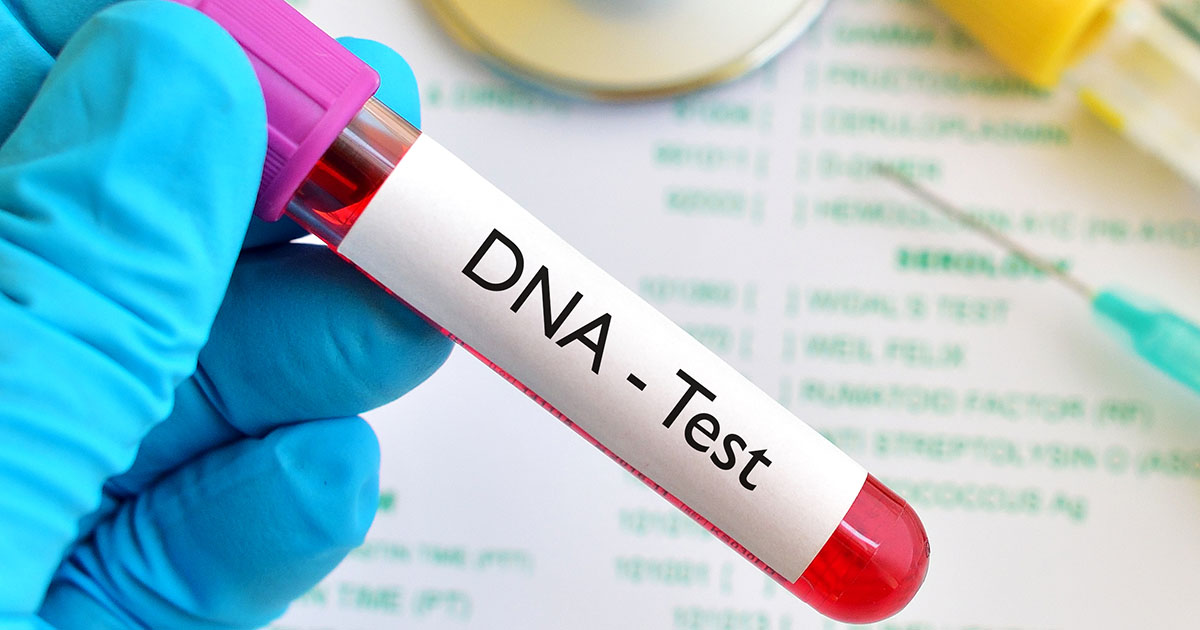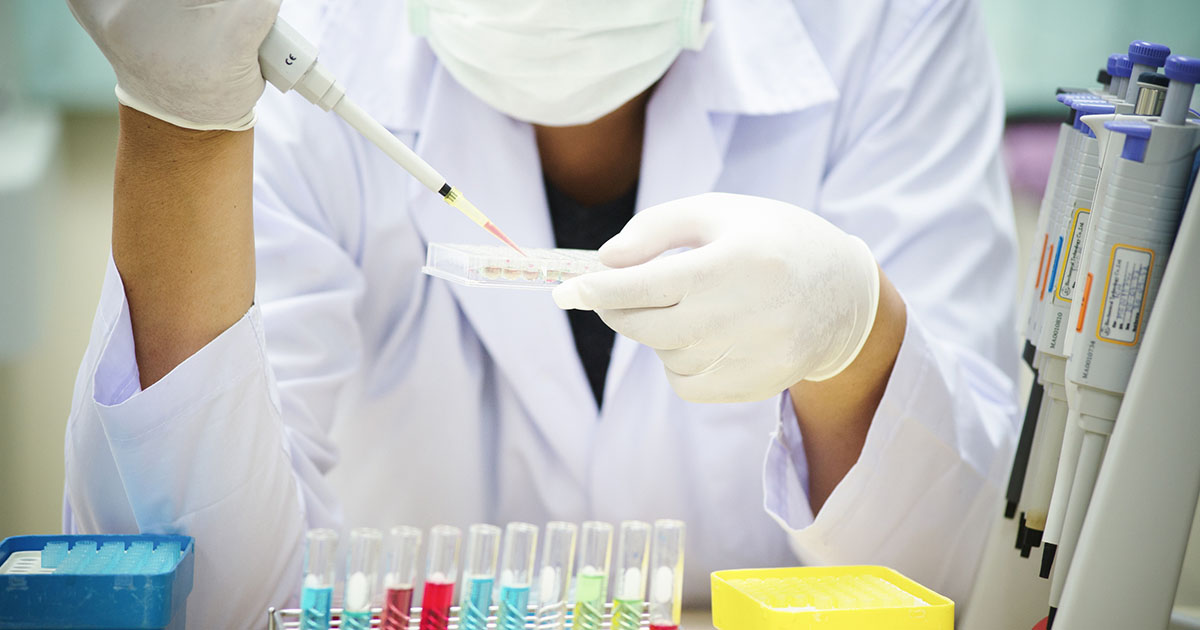Why You Should Get Your DNA Tested
Genetic, or DNA, testing appears to be all the rage these days, with numerous websites advertising for individuals to ‘discover their roots today,’ and to learn more about their ancestry and health. With so many affordable, at-home kits available on the market today is getting your DNA tested truly worth it? Get ready to dig deep into your roots and discover the benefits and limitations of DNA testing and if it is the right choice for you.
What Is DNA Testing?

DNA testing is a type of medical test that identifies and characterizes changes in genes, chromosomes, or proteins within a human being. Specifically, it analyzes the genetic code carried in every person’s DNA and can be found in the cells of any human material, from a smear of blood to a strand of hair, or a drop of saliva. Simply put, DNA testing works by taking a sample of cells from an individual, and scientists isolate the DNA code at the core of every single cell carrying the information that determines your physical characteristics and the possibility of developing certain conditions. The results of a DNA test can confirm or rule out a suspected genetic condition and help an individual determine if they have a chance of developing or passing on a genetic disorder to their offspring.
Types Of Genetic Testing

With more than one thousand genetic tests available and currently in use, and with many more currently in development, there are a few common types individuals may have performed in their lifetime. Examples of genetic tests include molecular genetic tests, chromosomal genetic tests, and biochemical genetic tests. Molecular genetic tests, or gene tests, examine single genes or short lengths of DNA to identify variations or mutations within the genes. Chromosomal genetic tests study whole chromosomes or long lengths of DNA to analyze if there are large genetic changes, such as an extra copy of a chromosome, which can lead to certain genetic conditions. Biochemical genetic tests examine the amount or activity level of proteins within the DNA and look for abnormalities that can indicate changes to the DNA, which can lead to disorders.
